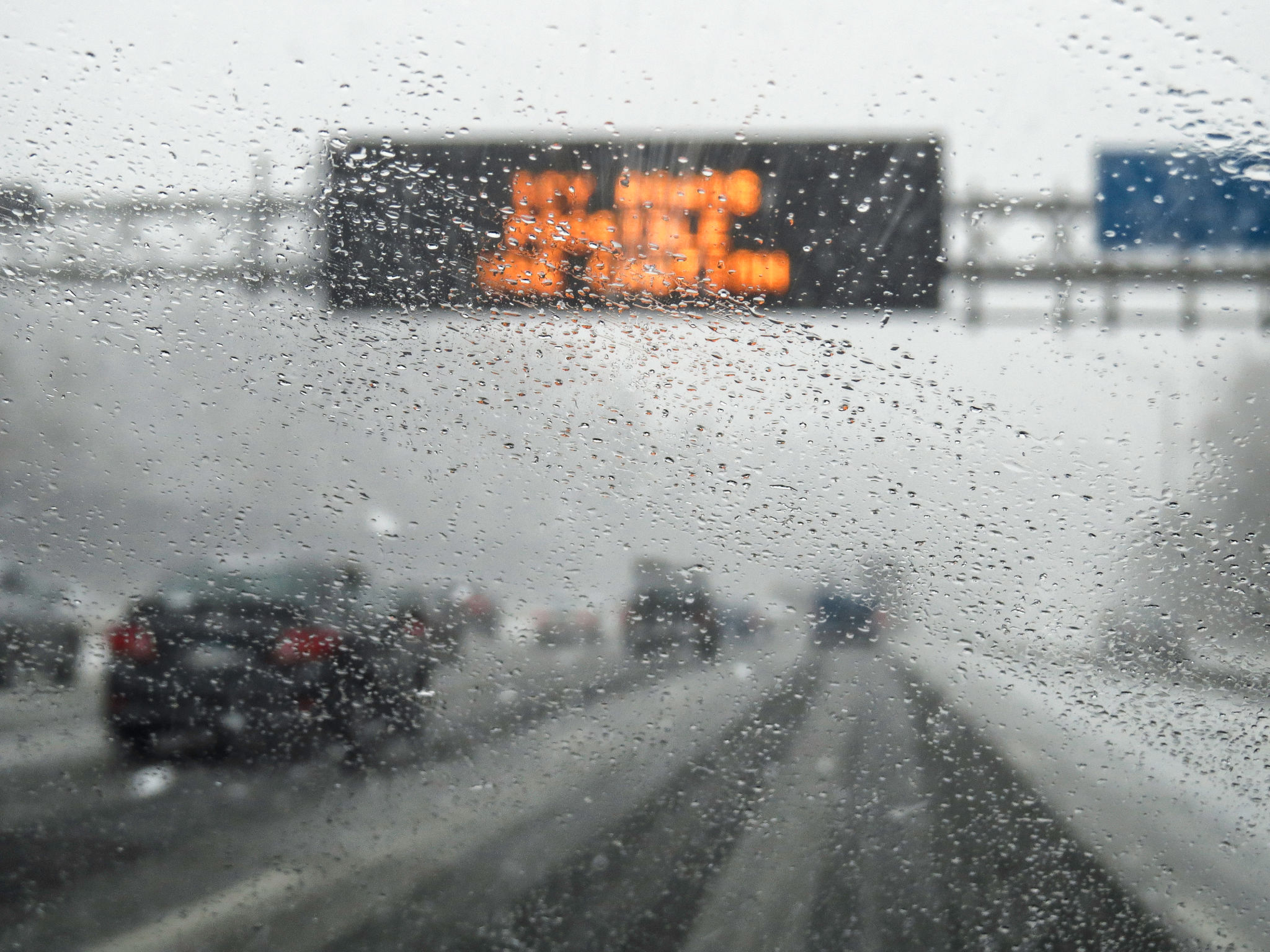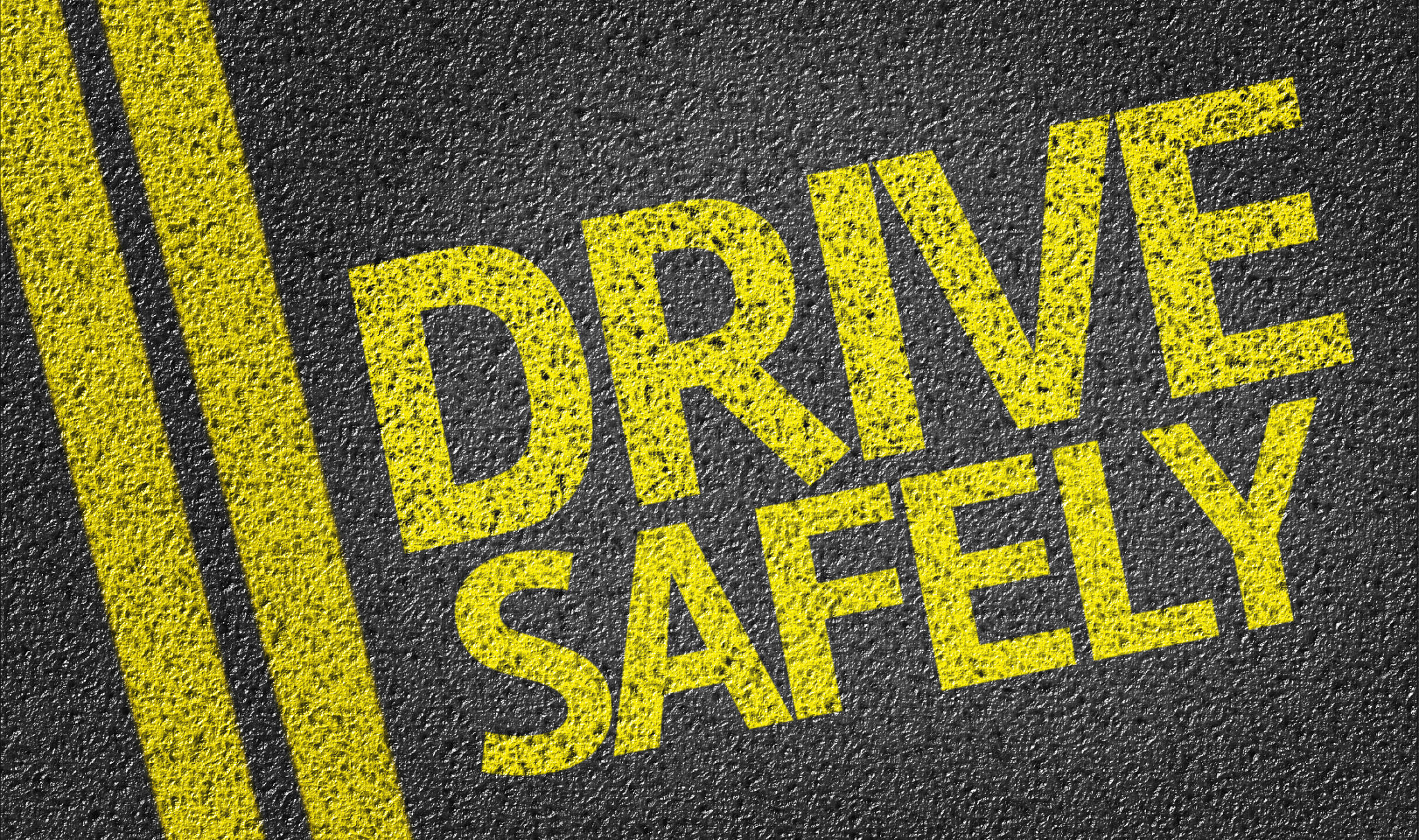Top Tips for Safe Towing During Connecticut Winters
Understanding the Challenges of Winter Towing
Towing during Connecticut winters can be particularly challenging due to icy roads, heavy snowfall, and unpredictable weather conditions. Whether you're towing a trailer, boat, or another vehicle, understanding these challenges is crucial. Preparation and caution are key to ensuring a safe towing experience during the colder months.
Winter weather can significantly impact traction and visibility, increasing the risk of accidents. It’s important to be aware of the weather conditions before heading out and to adjust your driving and towing practices accordingly. Regularly checking weather forecasts can help you anticipate and prepare for potential hazards.

Preparing Your Vehicle and Trailer
Before embarking on any towing journey in winter, ensure that both your vehicle and trailer are in optimal condition. Start by checking the tire pressure on both the towing vehicle and the trailer. Cold temperatures can cause tire pressure to drop, affecting handling and stability.
Additionally, inspect the brakes, lights, and hitch connections. Functioning lights are essential for visibility in snowy or foggy conditions, while strong brakes are critical for stopping power on slippery surfaces. Make sure all connections are secure to prevent detachment while on the road.

Essential Winter Towing Equipment
Having the right equipment is vital for safe winter towing. Consider investing in snow chains for your tires if you plan to tow in areas prone to heavy snowfall. Snow chains provide extra grip on icy roads, enhancing safety.
- Snow Chains
- Anti-freeze Windshield Fluid
- Emergency Kit (including blankets, food, water)
- Shovel and Ice Scraper
Driving Techniques for Safe Winter Towing
Adopting the right driving techniques is crucial for safe winter towing. Reduce your speed to account for the increased stopping distances on icy roads. Maintain a safe following distance from other vehicles and avoid sudden braking or sharp turns.
Be particularly cautious when navigating hills or curves. Slow down before reaching these areas to maintain control over your vehicle and trailer. Use gentle steering inputs to prevent skidding.

Handling Emergency Situations
No matter how prepared you are, emergencies can still occur. Knowing how to handle unexpected situations is key to ensuring safety. If your trailer begins to sway, gently ease off the accelerator and steer straight until you regain control. Avoid overcorrecting, which can exacerbate the swaying motion.
If you find yourself stuck in snow or ice, remain calm. Use your shovel and sand or kitty litter to provide traction under the tires. As a last resort, call for roadside assistance if you're unable to free your vehicle safely.
Regular Maintenance and Inspections
Consistent maintenance and inspections are essential throughout the winter months. Regularly check your vehicle and trailer for any signs of wear or damage. Pay special attention to electrical systems, brakes, and tires, as these components are crucial for safe towing.
By keeping a regular maintenance schedule and addressing issues promptly, you can reduce the risk of breakdowns and ensure your towing setup remains safe and reliable all winter long.
